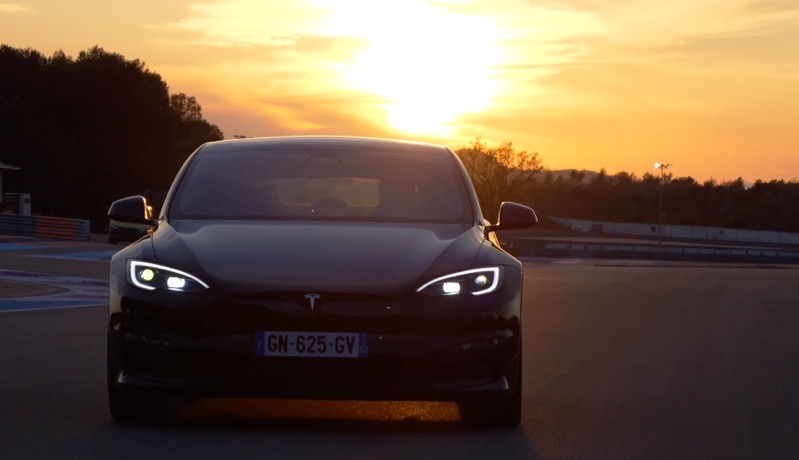Tesla Class-Action Lawsuit Alleges Software Updates Caused Battery Drain

Tesla is facing a nationwide class-action lawsuit filed by Model S and Model X owners and lessors, accusing the electric car manufacturer of automatic software updates that allegedly reduce the vehicle’s driving range by up to 20% and, in some cases, cause total battery failure.
The software updates, allegedly imposed without consent whenever the vehicle is connected to Wi-Fi, have left some Tesla owners with a hefty $15,000 replacement fee for a new battery, claims the lawsuit.
The lawsuit, filed in the U.S. District Court for the Northern District of California on May 12, 2023, alleges that these updates violate the Computer Fraud and Abuse Act, the California Unfair Competition Law, and the Consumer Legal Remedies Act.
Hagens Berman Sobol Shapiro LLP, says it is a law firm with a track record of automotive litigation victories, and is representing the Tesla owners.
“Tesla owners and lessors are uniquely at the mercy of the maker of their cars, and Tesla imposes software updates without consent,” proclaimed Steve Berman, managing partner at Hagens Berman, in an emailed statement. “We believe Tesla defrauds consumers and abuses this feature of its vehicles’ design, and it’s time to show Tesla that it’s not above the law.”
The lawsuit also reveals that Tesla does not deny the correlation between software updates and decreased battery performance. It highlights a 2019 case in which the automaker admitted to a 10% decrease in battery performance following a May 2019 software update.
However, the company has reportedly refused to reimburse Model S and Model X owners and lessors who have experienced reduced battery capacity after a software update.
The claimants argue that this practice of imposing automatic software updates leaves Tesla owners feeling powerless as they are unable to cancel or reverse the updates. They further state that Tesla does not warn its customers that these software updates could potentially result in battery life depletion.
The lawsuit underscores the fact that Tesla promotes battery performance and longevity as a key selling point, claiming their batteries “will outlast the vehicles themselves.” However, some drivers have been told they must pay for a new battery after an automatic software update renders the old one inoperable.
“The fact that Tesla touts battery performance as a defining feature of its vehicles makes Tesla’s own software updates a particularly egregious violation of consumer rights,” Berman claimed. “It’s time to hit the brakes on Tesla’s unchecked exploitation of its own customers.”

